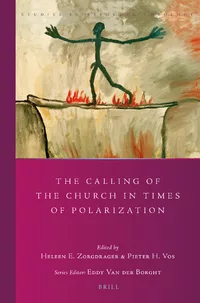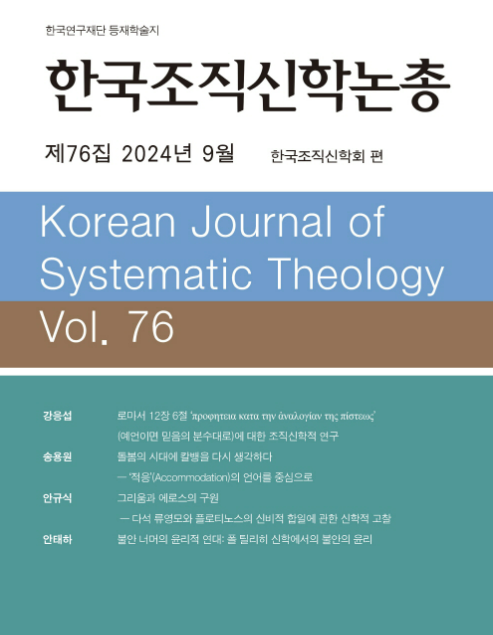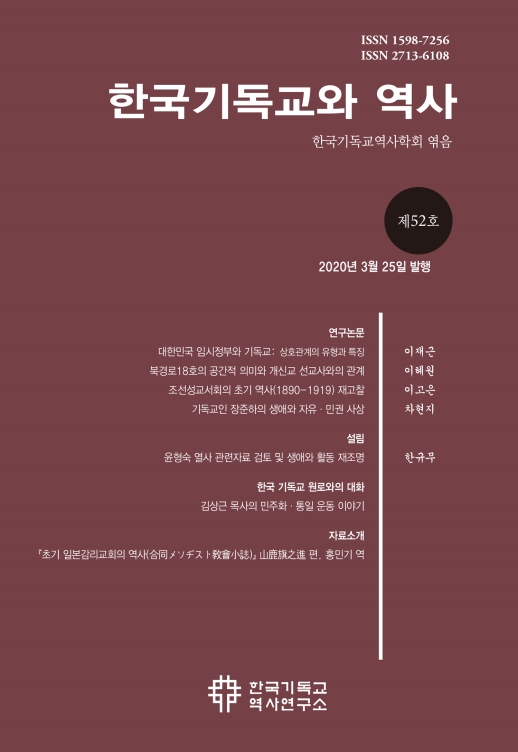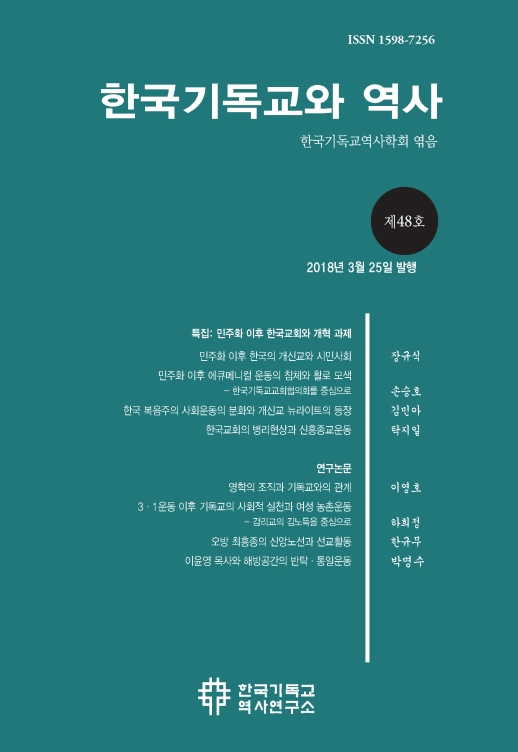https://doi.org/10.1163/9789004527652
세계 곳곳의 여러 사회에서 대립적 집단 간 양극화가 심화되고 있다. 차이에 대한 두려움이 ‘우리 대 그들’ 사고방식으로 전환되어 어떤 형태의 타협도 배제할 때, 양극화가 발생한다. 본서는 사회와 교회 내부 모두에서 나타나는 이러한 양극화를 다루며, 그 속에서 교회의 소명이 무엇인지 묻는다. 저자들은 인종차별, 사회 정의, 성·젠더, 안락사, 생태와 농업 등 다양한 맥락에서 벌어지는 양극화 논쟁에 새로운 접근을 제시한다. 특히 개혁 전통에 근거하여 심도 있는 신학·교회론적 성찰을 시도한다.
In many societies all over the world, an increasing polarization between contrasting groups can be observed. Polarization arises when a fear born of difference turns into ‘us-versus-them’ thinking and rules out any form of compromise. This volume addresses polarizations within societies as well as within churches, and asks the question: given these dynamics, what may be the calling of the church? The authors offer new approaches to polarizing debates on topics such as racism, social justice, sexuality and gender, euthanasia, and ecology and agriculture in various contexts. They engage in profound theological and ecclesiological reflection, in particular from the Reformed tradition.Contributors to this volume are: Najib George Awad, Henk van den Belt, Nadine Bowers Du Toit, Jaeseung Cha, David Daniels, David Fergusson, Jan Jorrit Hasselaar, Jozef Hehanussa, Allan Janssen, Klaas-Willem de Jong, Viktória Kóczián, Philipp Pattberg, Louise Prideaux, Emanuel Gerrit Singgih, Peter-Ben Smit, Thandi Soko-de Jong, Wim van Vlastuin, Jan Dirk Wassenaar, Elizabeth Welch, Annemarieke van der Woude, and Heleen Zorgdrager.






